The Dynamics of Power and Control in Trauma: Understanding the Psychological Impact
Trauma is an overwhelming experience that shatters an individual’s sense of safety, predictability, and control. Whether it stems from abuse, natural disasters, or systemic oppression, trauma often involves a profound violation of personal boundaries and autonomy. At its core, trauma is closely intertwined with issues of power and control, making these dynamics central to understanding its impact and fostering recovery.
The Role of Power and Control in Trauma
Trauma often arises in situations where an individual feels powerless. For example, survivors of interpersonal violence frequently describe a sense of being dominated, manipulated, or coerced. In these instances, the perpetrator wields power to assert control, stripping the victim of their agency. Similarly, systemic forms of trauma—such as racial discrimination or gender-based oppression—manifest through societal structures that perpetuate inequality, leaving individuals or groups marginalized and disempowered.
The loss of control in traumatic experiences creates a profound sense of helplessness and vulnerability. This not only affects the individual’s psychological state in the moment but also has long-lasting effects on their ability to trust, establish boundaries, and regain agency.
The Psychological Impact of Power Imbalances
The experience of powerlessness during trauma has significant psychological repercussions, including:
Hypervigilance: A heightened state of awareness often develops as a survival mechanism, as the individual remains on guard to avoid further harm. This is particularly common in survivors of domestic violence or childhood abuse.
Shame and Self-Blame: When individuals are subjected to manipulative dynamics, they may internalize feelings of guilt or responsibility for the abuse. This is a common effect of gaslighting or other psychological tactics used to undermine the victim’s reality.
Fragmented Identity: Chronic exposure to power imbalances can erode a person’s sense of self, making it difficult to assert needs or desires. Survivors of systemic trauma, for instance, may struggle with internalized oppression, believing they are inherently unworthy of respect or equality.
Post-Traumatic Stress Disorder (PTSD): Flashbacks, intrusive thoughts, and emotional dysregulation often accompany unresolved trauma, as the mind and body remain trapped in the powerless state experienced during the event.
Restoring Power and Control in Healing
Recovery from trauma involves reclaiming a sense of agency and autonomy. This process is deeply personal and multifaceted, but several key principles are foundational:
Empowerment: Creating opportunities for survivors to make choices in their healing journey—whether in therapy, community support, or self-care—is essential. Empowerment counters the disempowerment experienced during trauma and fosters a sense of control over one’s life.
Safe Spaces: Establishing environments where survivors feel physically and emotionally secure allows them to process their experiences without fear of judgment or re-traumatization. This is particularly crucial in therapeutic settings.
Rebuilding Trust: Trauma often damages the ability to trust others. Gradual and consistent support from empathetic individuals—therapists, friends, or family members—can help survivors rebuild this foundational element of healthy relationships.
Somatic Healing: Since trauma is stored in the body as well as the mind, techniques such as yoga, mindfulness, and body-based therapies can help survivors reconnect with and reclaim their physical selves.
Advocacy and Justice: For survivors of systemic trauma, engaging in advocacy or social justice initiatives can be a powerful way to transform pain into purpose. This not only fosters healing but also addresses the root causes of power imbalances in society.
Conclusion
Understanding the dynamics of power and control in trauma is essential for both survivors and those supporting them. Trauma is not just an event; it is an experience that fundamentally alters how individuals view themselves, others, and the world around them. By recognizing the profound impact of powerlessness and focusing on empowerment during the trauma therapy process, we can create a path to recovery, resilience, and renewed agency. Trauma treatment is about reclaiming control and healing, and PTSD therapists are vital in guiding individuals through this journey. At Fairfield Counseling Center, we specialize in trauma therapy, offering compassionate support to help you navigate the complexities of trauma and move toward a future where trauma does not define you.
